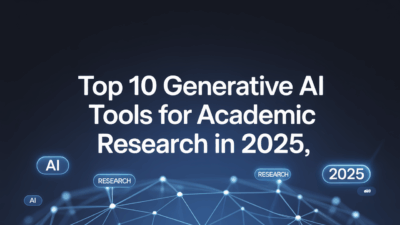Generative artificial intelligence (AI) is rapidly transforming industries across the board, and agriculture is no exception. As farmers face mounting challenges such as climate change, resource scarcity, and growing global food demand, generative AI offers innovative solutions to optimize farming practices. By leveraging advanced algorithms and data analysis, this technology enables smarter decision-making, improved crop yields, and sustainable agricultural development.
Enhancing Crop Yield Through Data-Driven Insights
One of the most impactful applications of generative AI in agriculture lies in improving crop yield. By analyzing vast datasets—including soil quality, weather patterns, and plant characteristics—generative AI models help farmers make precise decisions about planting, irrigation, and harvesting. For example, systems like Climate FieldView integrate real-time data on soil acidity, rainfall, and historical crop performance to guide farmers toward optimal strategies . These insights empower growers to maximize productivity while minimizing waste, ensuring that every acre is used efficiently.
Disease Modeling and Pest Management
Another promising use case for generative AI is in disease modeling and pest control. AI-driven tools can predict outbreaks by analyzing environmental conditions and historical disease patterns, allowing farmers to take preemptive action. These models also support targeted pesticide application, reducing chemical usage and its associated environmental impact. According to recent research, generative AI plays a crucial role in identifying early signs of plant diseases, helping prevent widespread crop losses .
Supply Chain Optimization
Beyond the field, generative AI contributes to streamlining agricultural supply chains. From forecasting market demand to optimizing logistics, AI-powered platforms enhance efficiency at every stage of the process. By predicting price fluctuations and consumer trends, these systems enable producers and distributors to respond proactively, reducing spoilage and ensuring timely delivery of fresh produce. This level of optimization not only improves profitability but also strengthens food security on a global scale .
Climate Resilience and Sustainability
As climate change continues to disrupt traditional farming cycles, generative AI provides critical tools for building resilience. Models can simulate various climate scenarios and recommend adaptive strategies, such as crop rotation or drought-resistant varieties. Additionally, AI helps monitor carbon footprints and resource consumption, supporting sustainable farming practices. The integration of AI into climate-smart agriculture ensures that farmers are better equipped to handle unpredictable weather patterns and long-term environmental shifts .
Innovative Tools Driving Agricultural Transformation
Several cutting-edge tools powered by generative AI are already making waves in the agricultural sector. Platforms like Synthesia and others offer AI-generated content for training farmers, creating instructional videos, and disseminating best practices tailored to specific regions and crops . Meanwhile, smart sensors and drones equipped with AI algorithms provide real-time field monitoring, enabling precision agriculture at an unprecedented scale . These tools collectively represent a new era of digital farming, where data and automation drive innovation.
Looking Ahead: The Future of Generative AI in Agriculture
The potential for generative AI in agriculture is vast, with ongoing advancements promising even more sophisticated applications. From autonomous farm equipment guided by AI to virtual assistants offering personalized advice to smallholder farmers, the future of agriculture will increasingly rely on intelligent systems. As highlighted by industry experts, embracing these technologies can reduce labor and input costs while significantly boosting yields, heralding a transformative shift in how food is produced .
In conclusion, generative AI is poised to revolutionize agriculture by enhancing efficiency, sustainability, and resilience. As adoption grows and tools become more accessible, farmers around the world stand to benefit from smarter, data-driven practices that meet the demands of a changing world.
